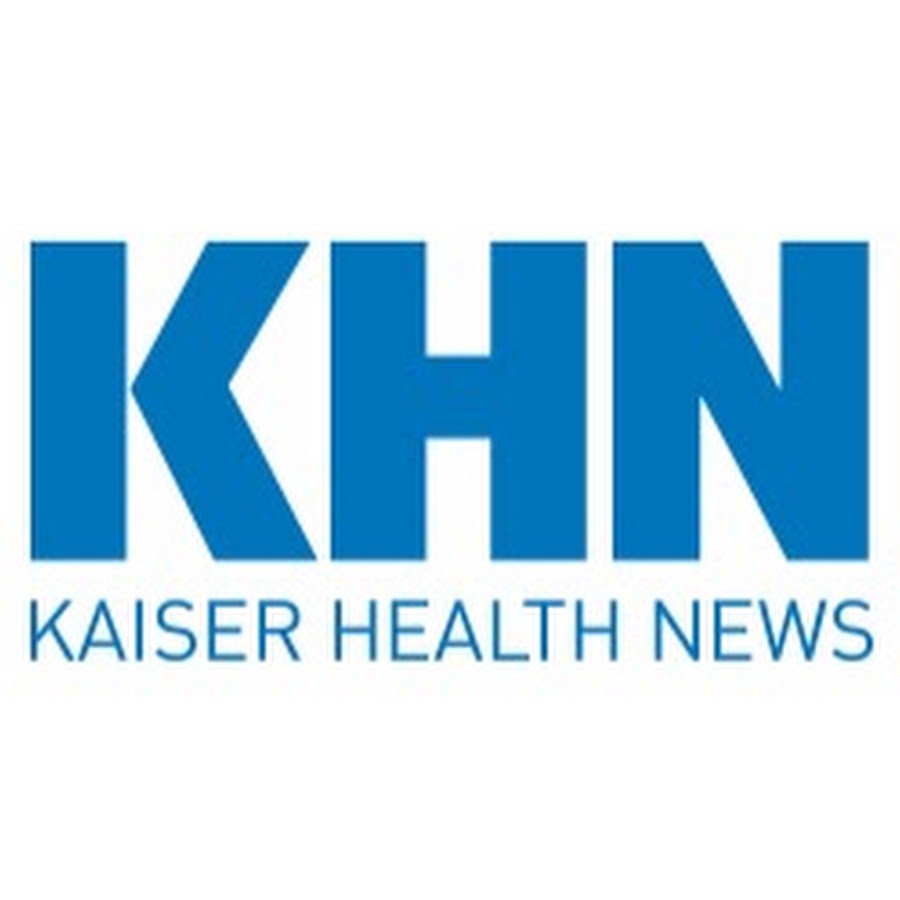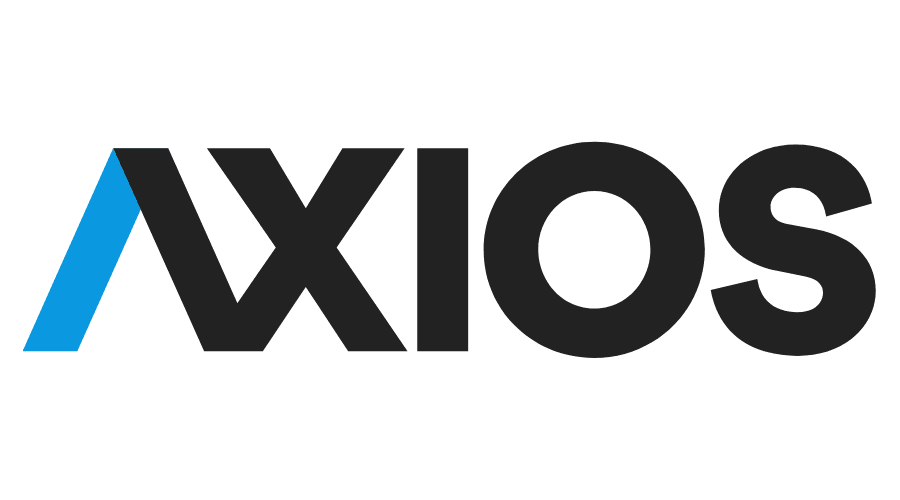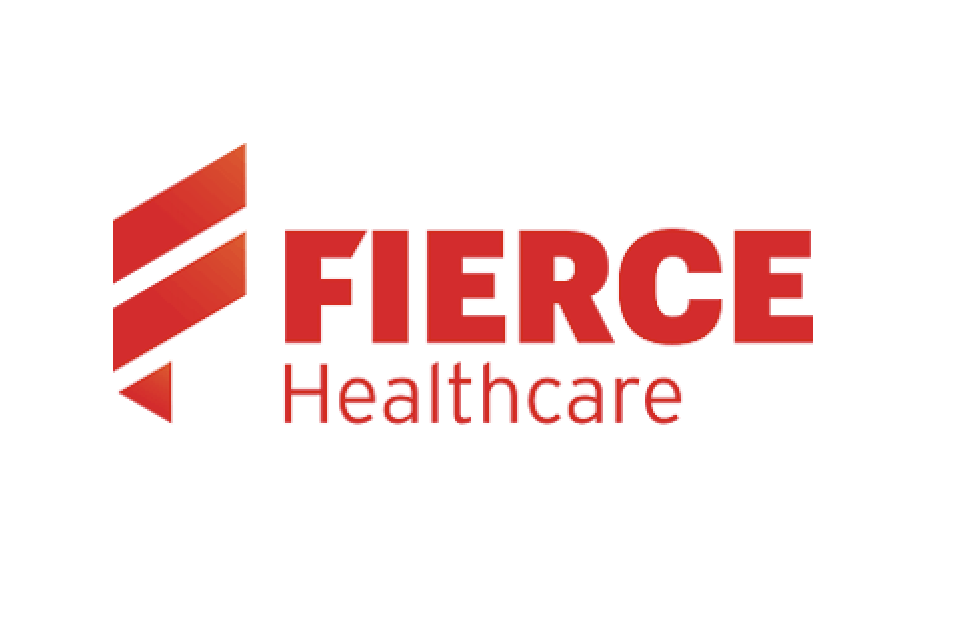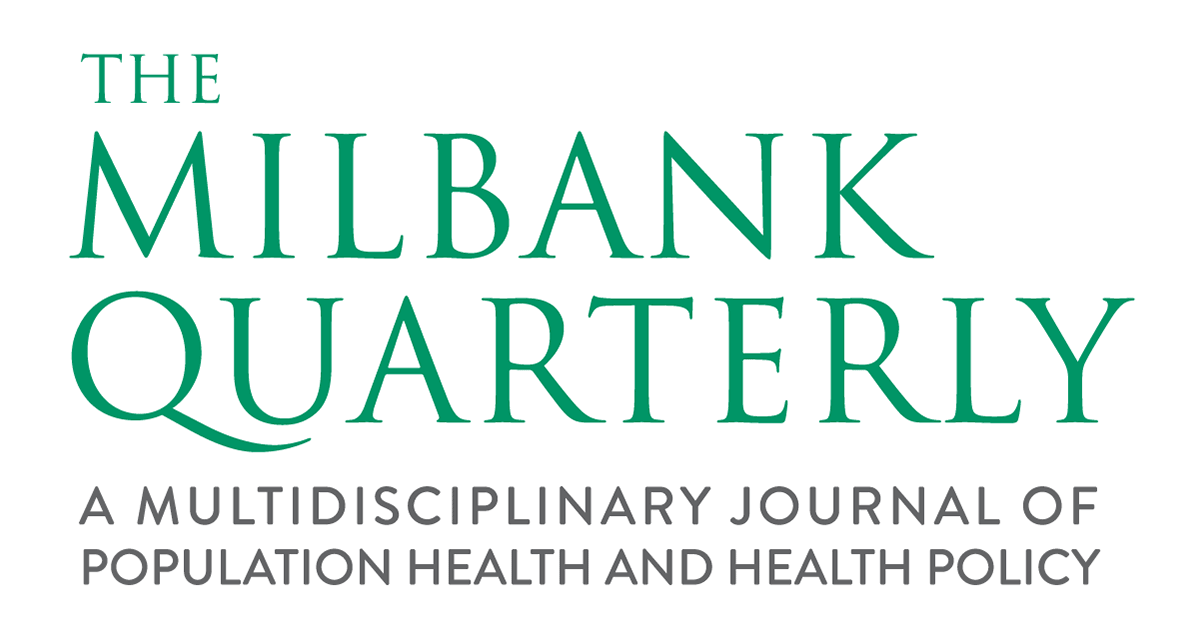CENTER UPDATE | January 2022
In this Issue:
- Insured Patients Can Use New Tools to Predict Out-of-Pocket Costs
- Out-of-Pocket Costs Spiked in 2021
- Costs of Cancer Survivorship in 2022
- Care is Increasingly Unaffordable for People with Employer-Sponsored Coverage
- CMS Allows Medicaid to Address Unmet Social Needs
- Women’s Experiences with Health Care Access, Cost, and Coverage in 2022
- New Insulin Price Caps Are Limited in Scope
- BCBSMA Value-Based Contracts with Equity Incentives
- How Healthcare Leaders Can Help Improve Medication Adherence
- A Policy Approach to Reduce Low-Value Device-Based Procedure Use
- Pre-Deductible Telehealth Coverage Extension Covered in 2023 Spending Bill
- 2023 V-BID Center Summit Save-the-Date


Insured Patients Can Use New Tools to Predict Out-of-Pocket Costs
As of January 1, the federal Transparency in Coverage rule requires insurers to provide online calculators for patients to get detailed estimates of what they will owe for 500 nonemergency services and drugs. Starting in 2024, the requirement on insurers expands to include all drugs and services.

Out-of-Pocket Health Costs Spiked in 2021
According to the CMS National Health Expenditures report, total health care expenditures rose by 7.6% in 2021 when controlling for special pandemic and public health related federal funding. Costs rose sharply for dental services, medical equipment, and physician and clinical services.

The Costs of Cancer Survivorship in 2022
The 2022 ACS CAN Costs of Cancer Survivorship report found that over half of cancer survivors carry medical debt from their cancer-related treatments and points to insurance coverage as the main factor in determining out-of-pocket expenses. Factors that contribute to these ongoing costs include:
- Maintenance treatment
- Monitoring for disease progression or recurrence
- Side effects from cancer treatment
- Late and long-term effects
- Mental health treatment
- Secondary cancers

Health Care is Increasingly Unaffordable for People with Employer-Sponsored Health Insurance
A new study reports that despite improvements in employer-sponsored insurance by the Affordable Care Act, health care costs and out-of-pocket expenditures have continued to rise. A higher proportion of women than men reported that they were unable to afford needed health care.


CMS Allows Medicaid to Address Unmet Social Needs
Per new guidance from the Department of Health and Human Services, state managed Medicaid programs can now offer benefits for social determinants of health. Improving housing, transportation and food security could reduce hospital admissions and overall health spending.

New Insulin Price Caps Are Limited in Scope
A recent analysis argues that while the Inflation Reduction Act’s $35 insulin cap for Medicare beneficiaries is a step toward addressing the significant costs of the life-saving drug, it leaves out a large portion of Americans with diabetes. This includes children with Type 1 diabetes, privately insured patients, and the uninsured.

Women's Experiences with Health Care Access, Cost, and Coverage in 2022
The 2022 KFF Women’s Health Survey shows that uninsured women and those with low incomes are less likely to have seen a provider or had a check-up in the past two years. A summary of findings is included below:
- 25% of uninsured women, 19% of Hispanic women, and 17% of those with Medicaid usually visit health centers or clinics for their routine health care.
- 21% of women with Medicaid say that their plan did not cover care they thought was covered or paid less than expected, compared to 34% of women with employer-sponsored coverage.
- 27% women ages 18-64 report having had problems paying medical bills in the past 12 months, compared to 23% of men.
- Among women experiencing problems with medical bills in the past year, 52% have had difficulty paying for basic necessities like food, heat, or housing because of the bills, including 68% of women with low incomes.

BCBS of Massachusetts Announces First-in-State Value-Based Contracts with Equity Incentives
Four BCBSMA plans covering more than half a million enrollees will focus on measuring and rewarding equity improvements in a number of areas including colorectal cancer screenings, blood pressure control and diabetes care, with additional categories to be added.

How Healthcare Leaders Can Help Improve Medication Adherence
Building upon policies that address cost-related non-adherence in the Inflation Reduction Act of 2022, a recent Forbes article suggests actionable steps that healthcare leaders can take to expand access to medications. Broader and sustained efforts include recognizing and addressing the role of social determinants of health, leveraging telehealth and analytics to connect with high-risk individuals, home delivery of medications, and working closely with community leaders to design culturally competent preventive health and medication adherence programming.


A Policy Approach to Reduce Low-Value Device-Based Procedure Use
Authors of a recent Milbank Quarterly perspective describe a new process to enhance evidence-based clinical coverage for device-based procedures and reduce low-value care. The process is implemented through prior authorization-based policies that include the following steps:
- Identify low-value medical device-based procedures based on clinical evidence review
- Quantify utilization and reimbursement
- Review clinical coverage policies to identify opportunities to align coverage with evidence
- Use a low-value device selection index
- Develop an evidence synthesis and policy proposal
- Stakeholder engagement and input
- Policy implementation
- Policy evaluation

Pre-Deductible Telehealth Coverage Extension Included in 2023 Spending Bill
The $1.7 trillion spending bill signed into law by President Joe Biden in late December includes a provision extending the telehealth relief in the CARES Act of 2020, which gives employers and health plans the option to provide pre-deductible coverage of telehealth services for people with high-deductible health plans for another two years.


Please Help Support the V-BID Center
As we near the end of 2022, we recognize our accomplishments over the past year and look ahead to all we can achieve at the University of Michigan Center for Value-Based Insurance Design. Generosity from collaborators and friends like you allows us to remain focused on equity enhancing programs that improve access and affordability to essential clinical services
You will play an essential role in the future success of the V-BID Center by making a gift today. Thank you for your support.







